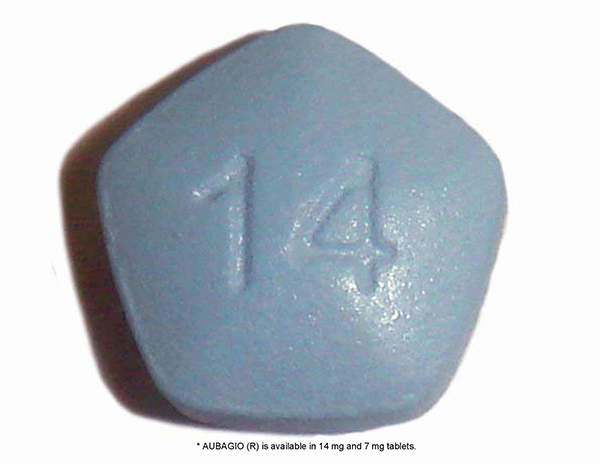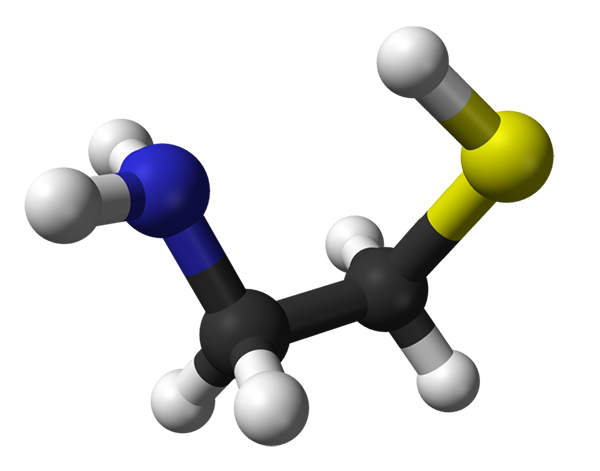Developed by Celgene Corporation, Otezla (apremilast) is an inflammatory drug indicated for the treatment of adult patients with active psoriatic arthritis (PsA). Celgene obtained approval from the US Food and Drug Administration (FDA) for Otezla for the treatment of active psoriasis arthritis in March 2014. It is the only FDA-approved oral treatment for psoriatic arthritis.
Celgene has also submitted a new drug application (NDA) for Otezla’s approval for treatment of psoriasis in the US and Canada, and the same is currently under review.
Celgene submitted marketing authorisation applications (MAA) to the European regulatory health authorities for approval of Otezla in Europe for both psoriatic arthritis and psoriasis indications in third quarter of 2013. The MAAs are currently being reviewed for approval.
Psoriatic arthritis
Psoriatic arthritis is an inflammatory disease of the joints that occurs in about 30% of people who have the chronic skin condition psoriasis. The disease causes pain, stiffness and swelling in and around the joints, and leads to inflammation of specific ligaments and tendons. It may also result in a decrease in physical functioning.
Psoriatic arthritis is estimated to affect about 38 million people across the world.
Otezla, anti-inflammatory drug
Otezla is an anti-inflammatory drug that works through the intracellular inhibition of phosphodiesterase 4 (PDE4) resulting in the increase of intracellular cAMP levels.
The drug is available in 30mg tablets for oral administration.
PALACE 1, 2 and 3 clinical studies
FDA approval of Otezla for active psoriatic arthritis (PsA) treatment was based on the results obtained from three phase III clinical trials. The randomised, multicentre, placebo controlled studies were known as PALACE 1, 2 and 3. The studies enrolled 1,493 active PsA patients who were previously treated with oral DMARDs, and/or biologics, including some patients who had previously failed a tumour necrosis factor (TNF) blocker.
Patients were randomised to receive Otezla 20mg twice-daily, Otezla 30mg twice-daily or identically appearing placebo in 1:1:1 ratio for 16 weeks. After the 16th week, some patients treated with placebo were randomised to one of the two Otezla groups, and the remaining placebo-treated patients were continued with placebo treatment through week 24. Patients were enrolled into the next long-term, open-label, active treatment phase after the completion of 24 weeks of study.
The primary endpoint of the PALACE 1, 2 and 3 studies was 20% improvement (ACR20) at week 16 based on the modified American College of Rheumatology criteria. The secondary endpoints included finding the signs and symptoms of psoriatic arthritis, physical functioning and patient reported outcomes.
The results of the three studies showed that the patients treated with Otezla showed improvement in signs and symptoms of psoriatic arthritis and the patients also achieved a reduction in tender and swollen joint counts compared with placebo. A total of 38% patients in PALACE-1 study who were treated with Otezla 30mg twice-daily achieved ACR 20 response at week 16 compared to 19% in placebo patients. Similar results were observed in PALACE-2 and PALACE-3 studies.
The improvement of ACR 50 and ACR 70 responses were achieved in the other two clinical studies.
ESTEEM clinical trials on Otezla for psoriasis treatment
Celgene conducted two phase III clinical trials on Otezla for the treatment of moderate to severe plaque psoriasis. The clinical studies, known as ESTEEM 1 and 2, were randomised and placebo-controlled studies enrolling about 1,250 patients, who were randomised to receive either Otezla 30mg or placebo in 2:1 ratio after an initial five-day titration period, for the first 16 weeks.
The 16-week study was followed by a maintenance phase, up to 32nd week, when the placebo patients were randomised to receive Otezla 30mg twice daily. It was subsequently followed by another randomised withdrawal phase including the responders from weeks 32 to 52 based on the initial Otezla randomisation and PASI-75 response.
The study results were announced in March 2014. ESTEEM 1 demonstrated that the patients treated with Otezla 30mg for 52 weeks achieved a PASI-75 score at week 32. ESTEEM 2 study showed that the patients treated with Otezla 30mg achieved a PASI-75 response at week 16.
Marketing commentary
Otezla faces tough competition from Stelara (ustekinumab), manufactured by Johnson and Johnson, for the same indication.





